
Bad Alternator vs. Bad Battery In The Garage with

1. Having to jump start the vehicle on a regular basis One of the first symptoms of a bad or failing alternator is the need to jump start the vehicle on a regular basis. It is the job of the battery to provide the power to crank the engine and start the vehicle, however, it is the job of the alternator to make sure that the battery stays charged.
5 SIGNS OF A BAD ALTERNATOR

A bad alternator will result in a discharged (dead) battery and cause a vehicle to not start or run. Alternators are designed to maintain a battery's charge, not to recharge a dead battery. Your alternator's job is to maintain a consistent charge on your battery. Draining your car's battery is not advised. Having it happen once won't kill you.
Alternator Diodes Blown Inspection & Replacement Service
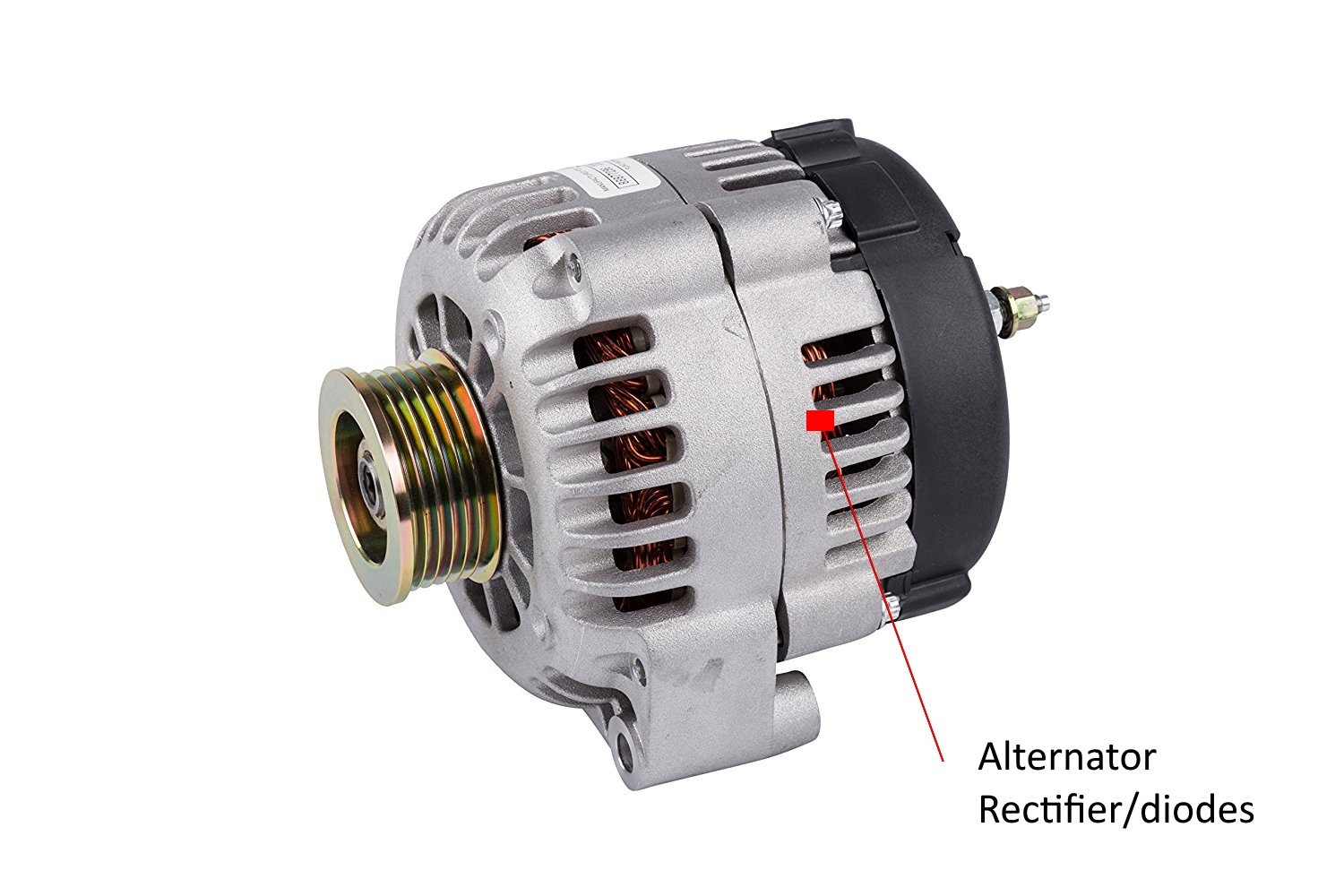
Learn more. Strange Smells: Smells like burning rubber or wire can be telltale signs that your alternator is going bad, as internal parts wear out or experience excessive friction. Battery Light: The battery light on your dash may come on when your alternator is failing. This is because it's unable to charge your battery to the proper voltage.
What Are the Symptoms of a Bad Alternator?
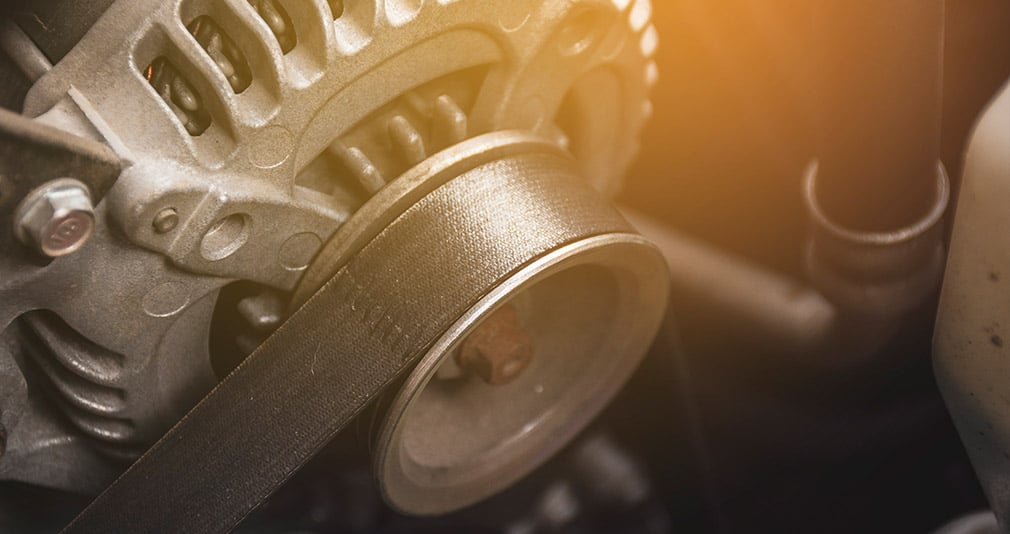
Failed Alternator: Although durable, alternators can fail, especially in high-mileage vehicles. Wear and tear is a common culprit. Wear and tear is a common culprit. Voltage Regulator Issues : A faulty voltage regulator can provide incorrect voltage to the car's electrical system, either too high or too low.
How Do I Know If I Have A Bad Alternator? Endurance

10: Warning Light If the alternator's output goes below or above a pre-set limit, then your car's warning dash light will come on. In most vehicles, it looks like a battery. Baloon111/ThinkStock Within the instrument cluster of most cars built in the last decade is a warning light dedicated to signaling an alternator issue.
Alternator, How it works?

Here's How To Fix a Bad Alternator There are kits and other methods for rebuilding a bad alternator, but we're going to focus on a replacement instead. It's easier and more time-efficient..
How do you know if your Alternator is Bad Six Signs of a Bad Alternator
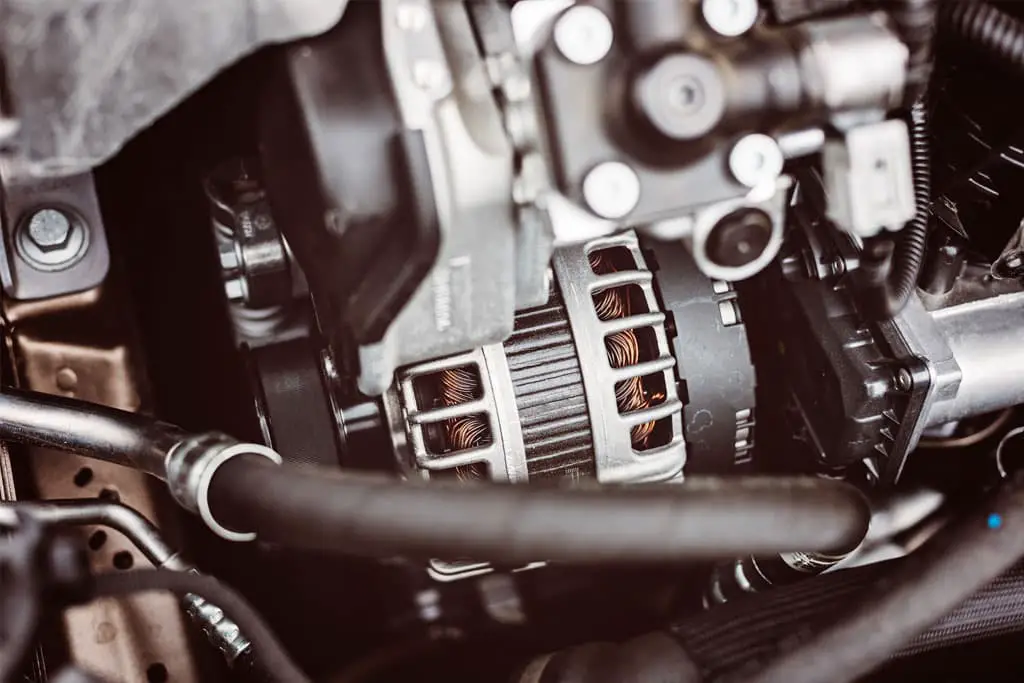
7 Signs of a Failing Alternator 1. Dim or Overly Bright Lights When an alternator begins to fail, it provides inconsistent voltage to your electronic accessories. Generally, that takes the form of under- or over-performing equipment, such as headlights that are either too dim or extremely bright.
Symptoms of bad or failing Alternator in your car What happens when

6 Signs of a Bad Alternator - In The Garage with CarParts.com Think your alternator may be going bad? Find out what the symptoms are and learn to differentiate between a bad alternator and a bad battery.
Is Your Alternator Trouble? Here Are Six Signs It Is Village Autoworks

While the car runs, the alternator output should be between: 13.8 - 14.2 volts (with headlights off) While testing at the alternator side, make sure you have good access to the alternator and your clothing cannot be tangled. This is how you test the alternator without taking it out: Touch the red terminal of the alternator with the red probe.
Know The Difference Between A Bad Alternator And A Bad Battery

4. Burnt-Rubber Smell. This sign is common, but less common than the other signs. If, for any reason, your alternator belt is not able to freely rotate on the pulleys, it can create friction and cause the belt to heat up. When this happens, if it gets hot enough, you'll start to smell burnt rubber. 5.
Best Alternator for Car AudioTo keep the melodies running Auto Car Field

1. Dim lights The failing alternator symptom most drivers recognize is dim or flickering lights. This is really obvious when headlights are on at night, but also noticeable in dash lights and the center dome light. If the lights brighten as RPMs pick up, that's even more of a sure sign. 2. Battery light
What are the Signs of a Bad Alternator? AutoZone
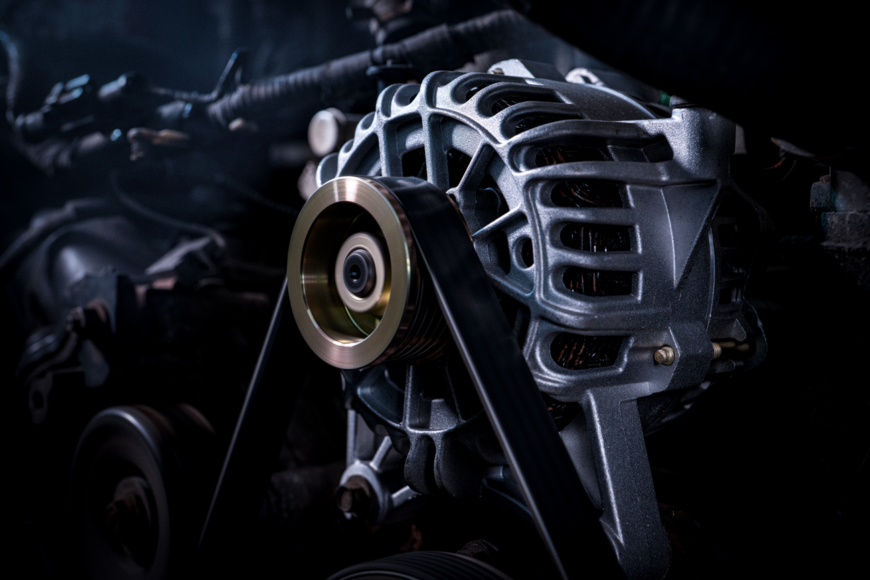
Technically, a bad alternator can provide enough power to keep the car running, just not enough to charge the battery for an easy car start. Regardless of the condition of the alternator, if it is not providing a minimum of 13 volts (preferably 13.5-14.5 volts) then the alternator needs to be replaced or repaired.
Bad alternator symptoms & How to tell YouTube

Usually, there are two likely culprits for a car that won't start: a bad alternator or a bad battery. The alternator and car battery are part of your car's electrical system. The battery provides the energy to crank the engine and start the vehicle. Starting a car takes anywhere from 400-2,000 amps depending on your engine's size.
5 Signs You May Need an Alternator Repair Hiley Mazda of Burleson Blog

20 Nov, 2020 If your vehicle is starting to act a little strange, such as a dash light blinking on and off, dimming headlights, an odd smell, or even a car that won't start, it could be caused by one or more problems in the electrical system.
What are the Signs of a Bad Alternator? AutoZone
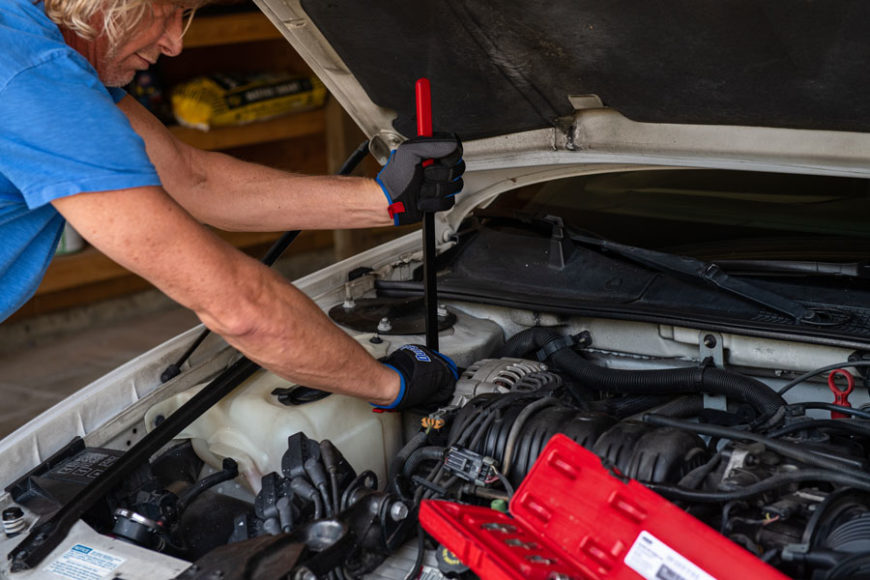
FAQs However, all of that increased load puts much more stress on a modern alternator. This means that alternators now play a much bigger role than ever before, and they can begin to experience failure sooner than ever. Contemporary cars integrate deft electrical energy management but when an alternator begins to fail the effects are profound.
What Are The Symptoms Of A Bad Alternator? The Drive

7. Unexpected Noises. Whenever the car makes an unusual sound, you take notice. The sound of a failing alternator is unique and distinguishable from many others. As the drive belt responsible for turning the alternator starts to rub or becomes misaligned, you may hear a whining or growling sound.